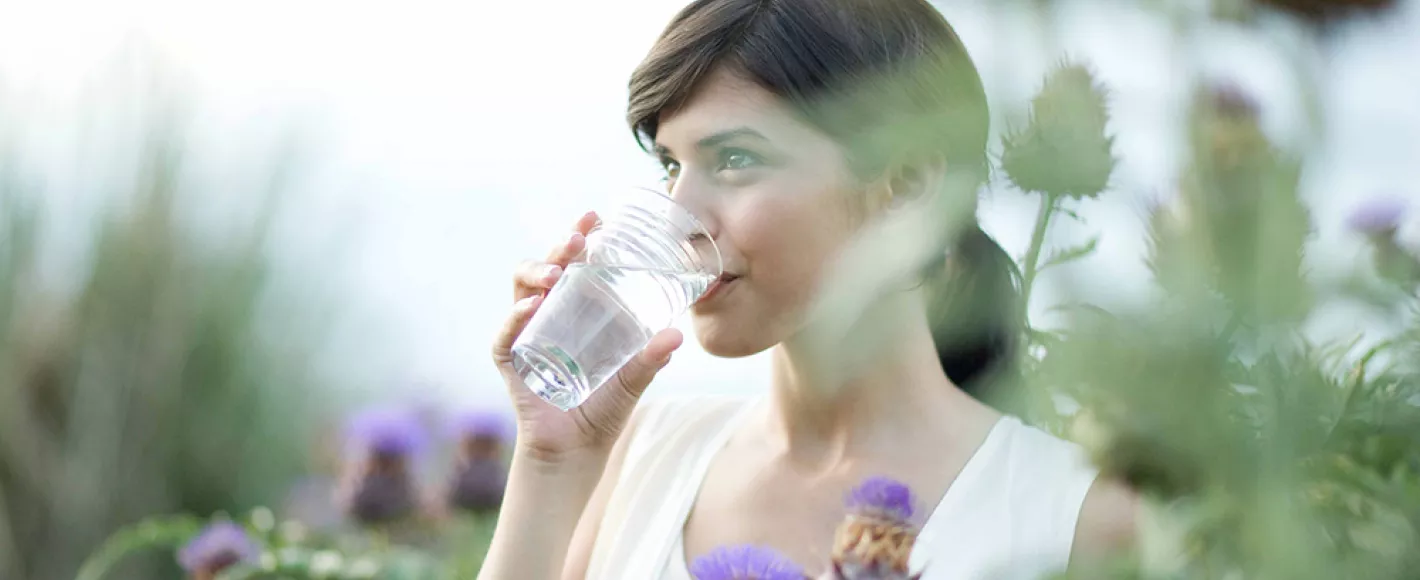
Let’s face it, life is busy. Between frenzied morning routines, working through lunch, and hectic after-school schedules—sometimes, we all forget to do the simple things, like drink enough water. It’s OK! Here are some things to keep in mind and a few tips for creating smart hydration habits for the whole family.
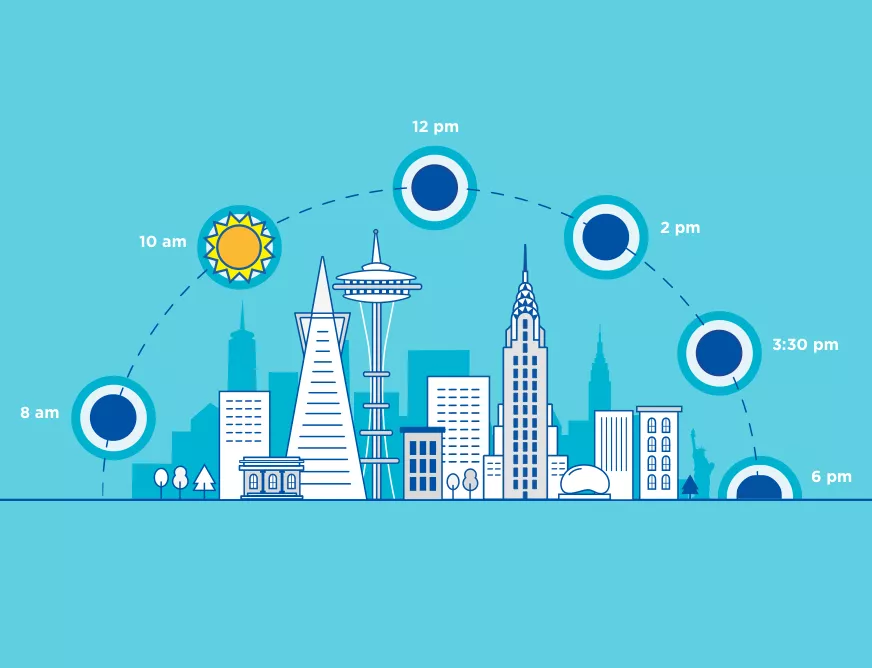
Mid-morning
Time: 10 a.m. - 11 a.m.
Water break!
What to Do
Remind yourself to take water breaks throughout the day with an alarm set on your phone, slotted into your calendar, or through a water tracking app.
Why
Creating habits doesn’t just magically happen. You need to remind yourself to take action in order to set healthier activities – like drinking more water – into your routines
Why water is important for kids

They have more skin in the game
Children’s water needs are proportionately higher because their bodies contain more water than the bodies of adults (75% vs 60%) and so their surface-to-volume ratio is relatively higher. As a result, they can have greater water losses from the skin and can be more vulnerable to risk of dehydration.
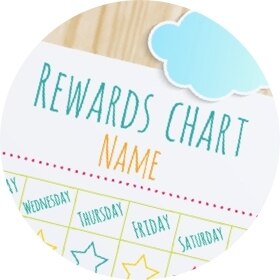
It’s not top of mind
Half the hydration battle is reminding kids to drink up. The other half is getting them to actually follow through. (Have you ever tried reasoning with a toddler?!) Try a water chart and turn sipping into a challenge with fun rewards like stickers. Or motivate them to hydrate with bottled water designed just for kids!

They can’t stop, won’t stop
Kids are constantly on the move, between dancing lessons, football and generally horsing around all day. While you may be losing your Saturdy mornings to practice and game times, your kids are losing water each time they sweat, breath or visit the restroom. The hydration rule of thumb: replenish the amount of water lost throughout the day.
Show them how it's done
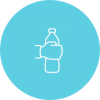
Carry it:
Always have a bottle of water handy

Drink it:
Choose water over other beverages
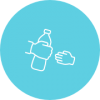
Share it:
Have an extra bottle or two on hand for your kids
Dodging Dehydration
Dehydration occurs when the body doesn’t have enough fluid to function properly. If not treated, dehydration can get worse, and have some pretty serious effects. The good news is that severe dehydration is relatively rare. Regardless, it’s important to know the signs and symptoms of dehydration – mild, moderate and severe.
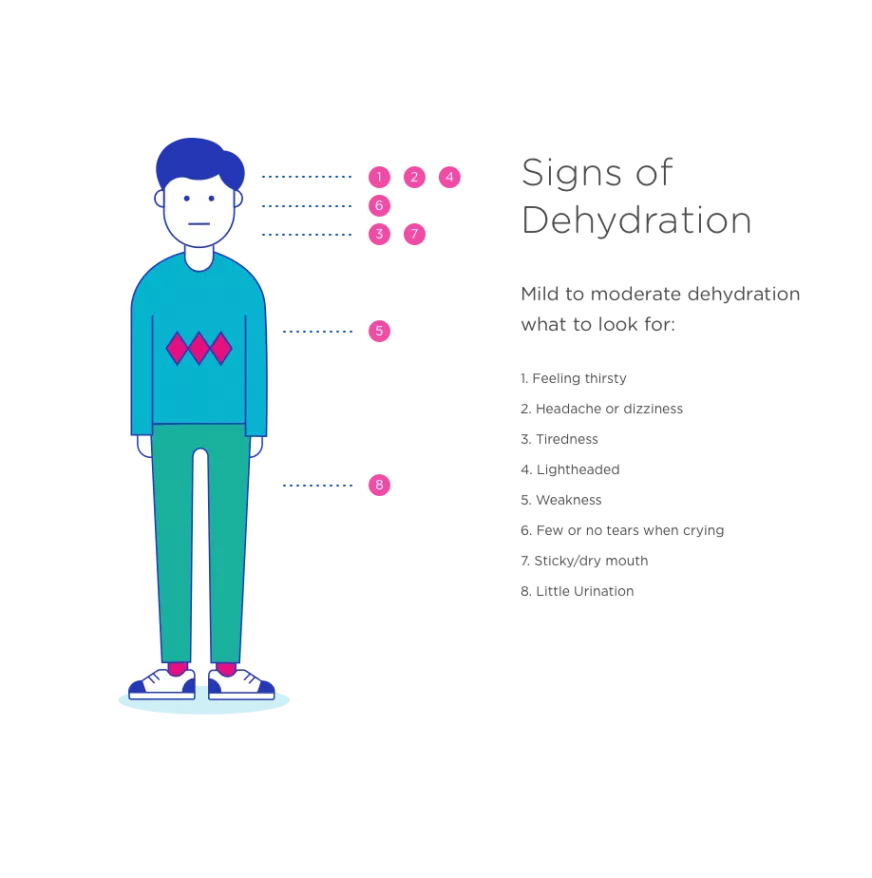
What are the Symptoms of Dehydration?
Infants and young children and the elderly are especially susceptible to dehydration. But anyone, regardless of age, can find themselves wondering if they’re dehydrated. See the chart for the common symptoms of mild to moderate dehydration.
What can you do to avoid dehydration?
Being aware of the risk is half the battle. Drink water throughout the day, remembering to start hydrated and stay hydrated. Be sure to replenish fluids that are lost more rapidly in warm weather or as a result of strenuous exercise and excess perspiration.
When to Worry
If you or anyone in your care has very dark yellow or amber urine, not urinating at all, sunken eyes, extreme thirst and fussiness, sleepiness, listlessness, confusion, is unconscious or delirious, call your doctor immediately.
